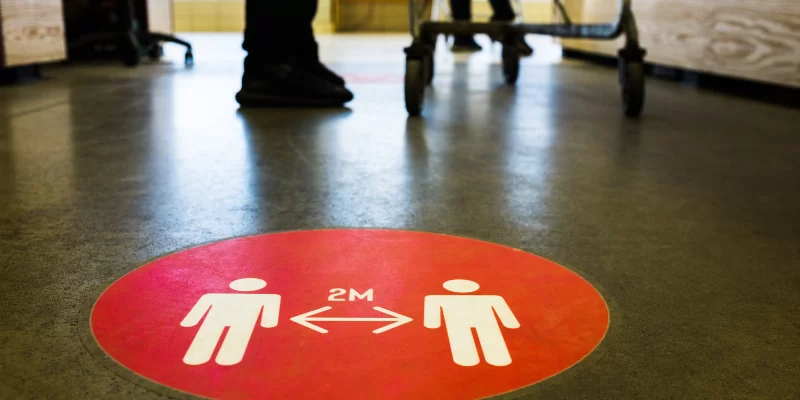
Prime Minister Boris Johnson has announced the “living with covid” plan that will see an end to all Covid restrictions in England. A similar announcement has been made by first minister Nicola Sturgeon, confirming Scotland will also relax many of its remaining rules in March.
The government announcement has put forward a “living with Covid” plan, showing the dates at which each step will be taken to allow England to move away from the current Restrictions.
From 21st February:
From 24th February:
From April 1st
During the announcement, chief scientific advisor, Patrick valance warned that Covid will continue to evolve over the next few years and further variants are expected, with a potential to be more severe than previous variants we have seen.
Therefore, although most of the free testing system is being dismantled in England, the government insists that the UK will continue to do detailed checks and surveillance to look for resurgences of Covid and any concerning new variants which may emerge. The government also insists that it is possible to increase test and trace operations if they are needed.
Scotland’s First Minister Nicola Sturgeon has set out plans for easing most of the restrictions currently in place in Scotland.
From February 28th
From 21st March
Nicola Sturgeon said that unlike England there is no plan to scrap the requirement to self-isolate for those who test positive, nor was there any plan to charge for tests in the near future. However, Sturgeon did promise to set out more details in March of how testing will work in the longer term.
The current restriction in place in Scotland
A measured easing of Covid restrictions is underway in Wales, but some measures remain in place
If you are struggling to understand how to effectively implement systems into your business based on the restrictions change, our team can help you.
Our highly-skilled, highly qualified H&S consultant team can assist you with completing updated risk assessments, bringing staff back to the office on a full-time basis and more. In addition, our team of expert HR consultants can offer you advice and guidance to ensure you and your business remains protected whilst you begin to update your business’s process to better reflect the current restriction.
If you are interested in discussing the current situation around Covid restrictions further or wish to better understand how our team can help you during this period, feel free to get in contact with our team today.
T: 0844 800 5932
E: contact@highperformanceconsultancy.com
Twitter: @HPC_HRServices